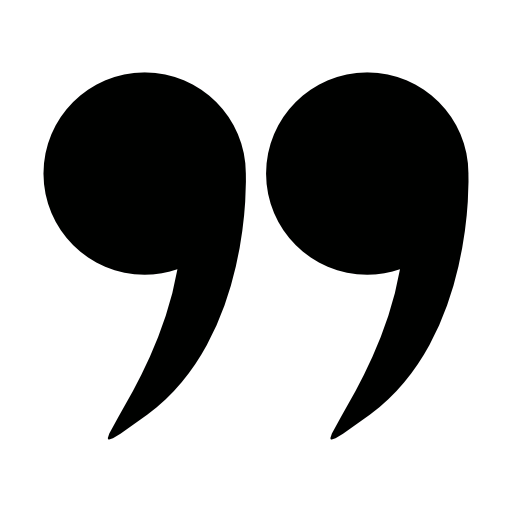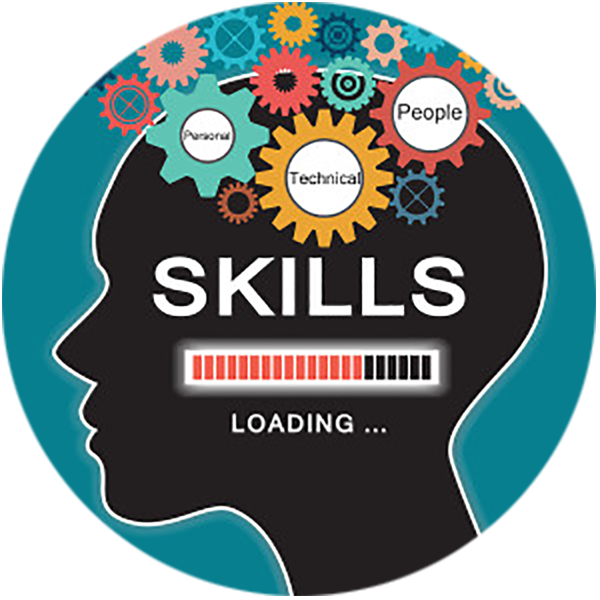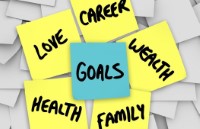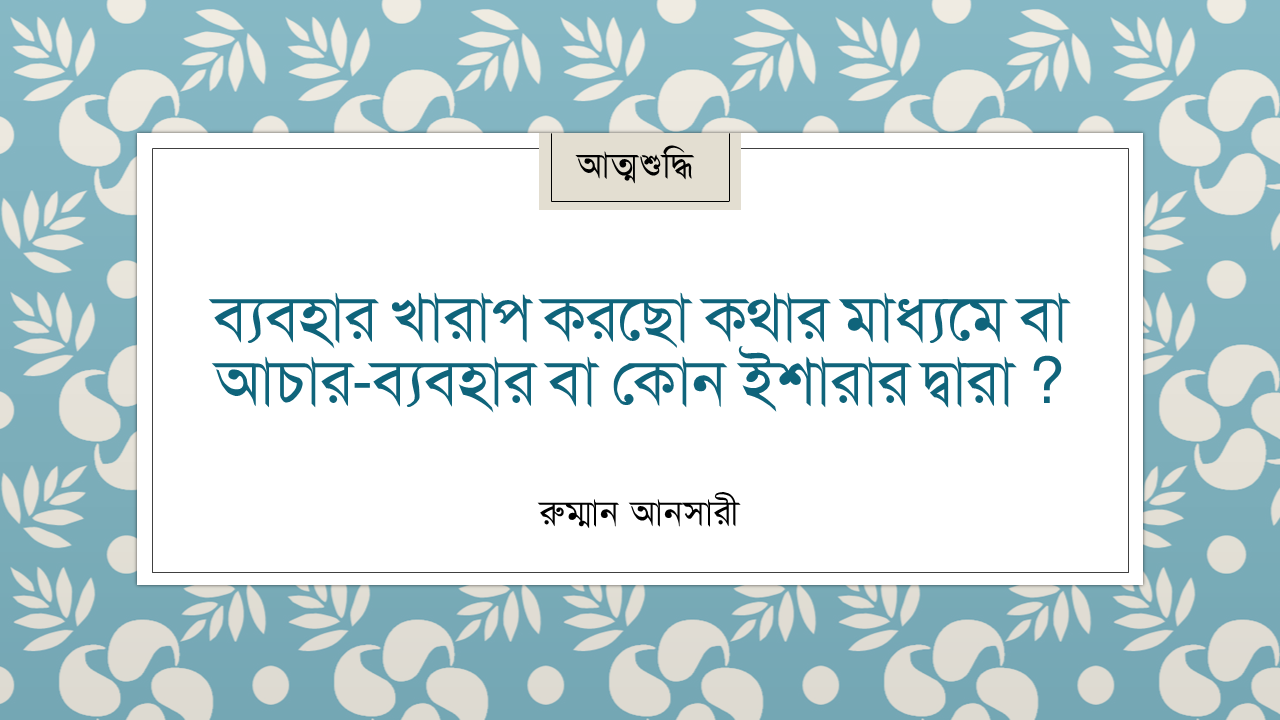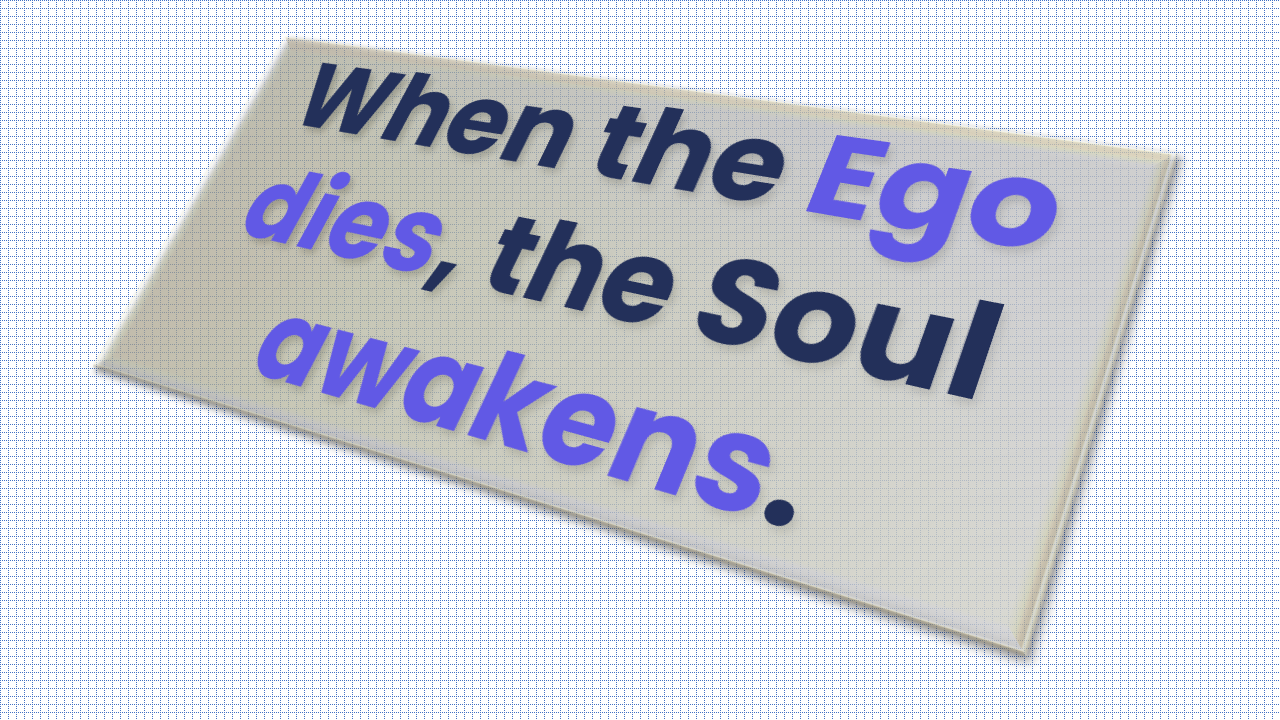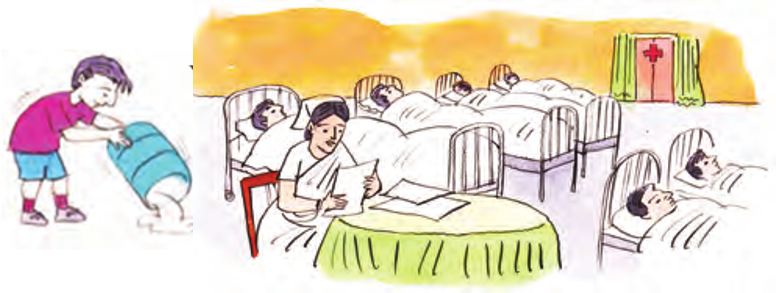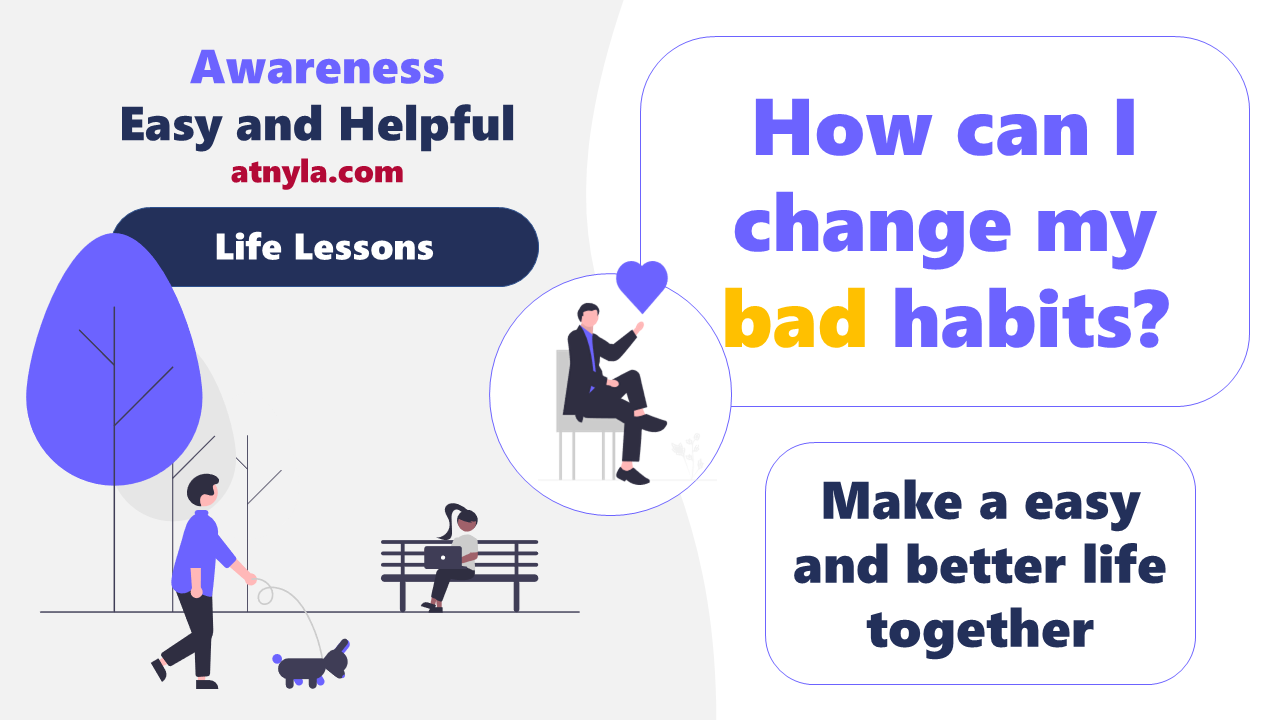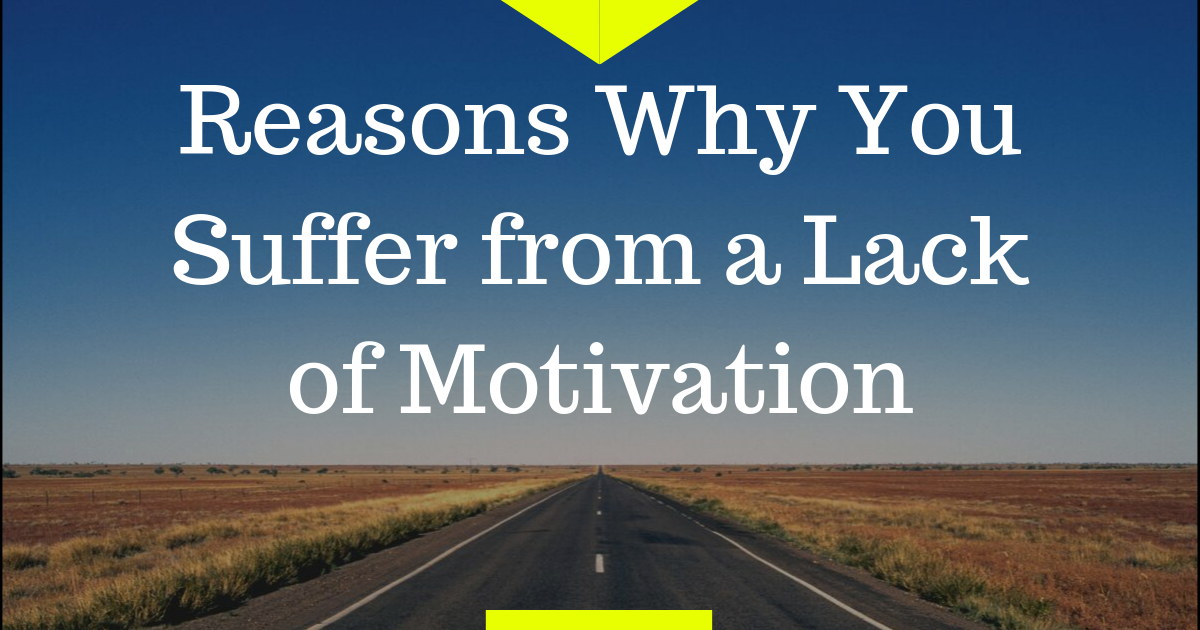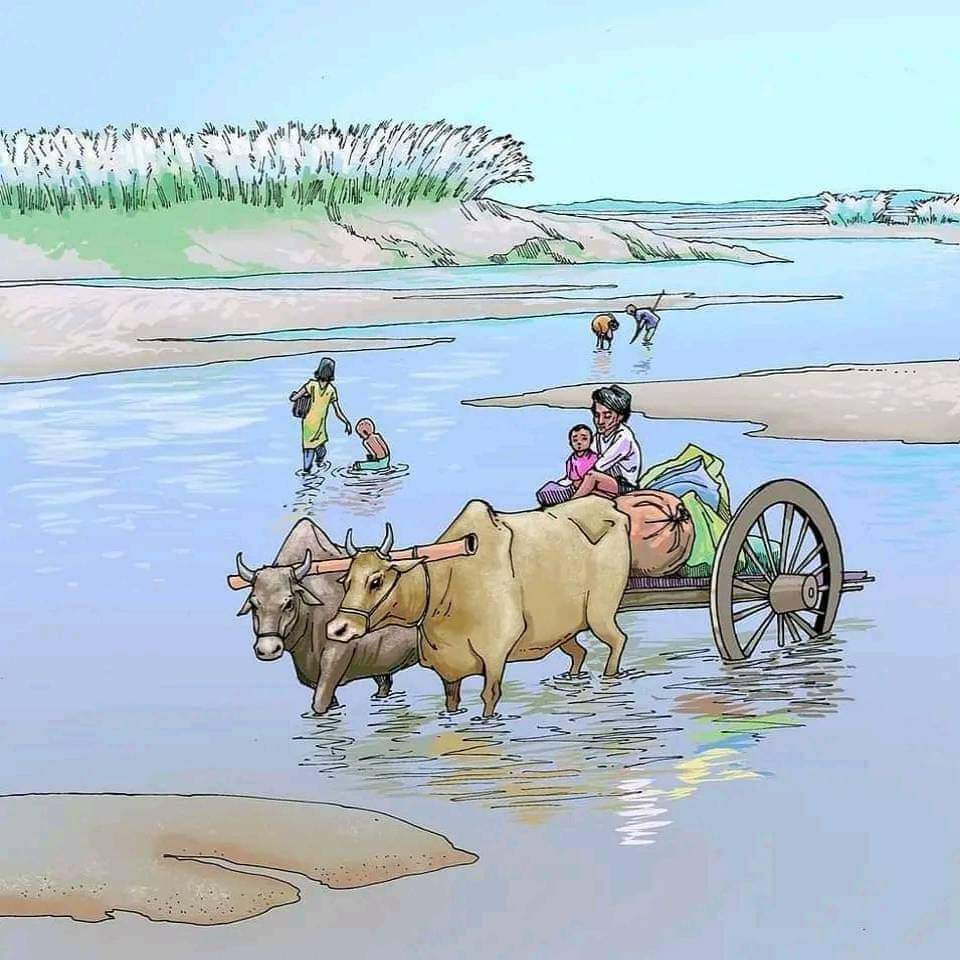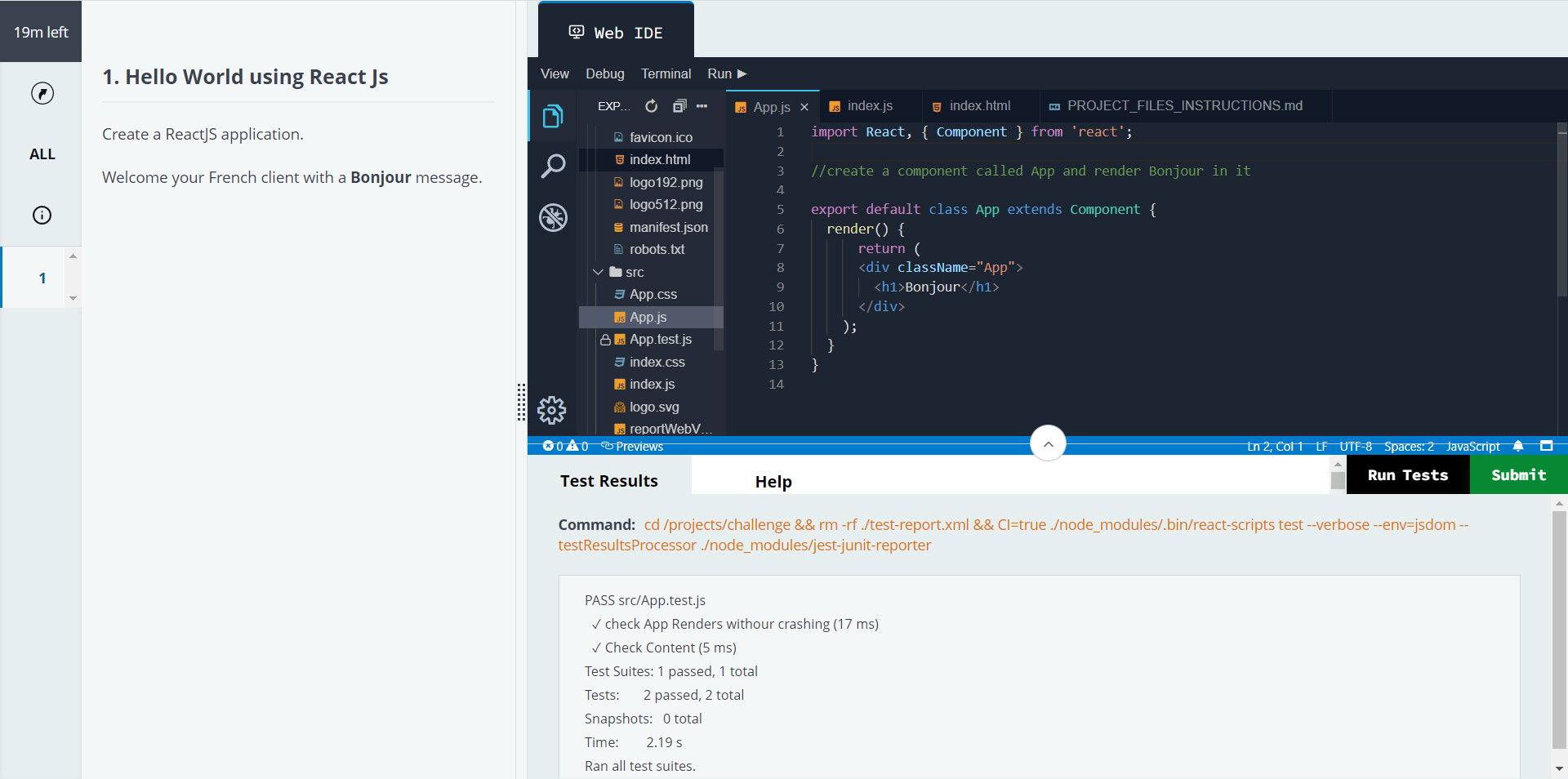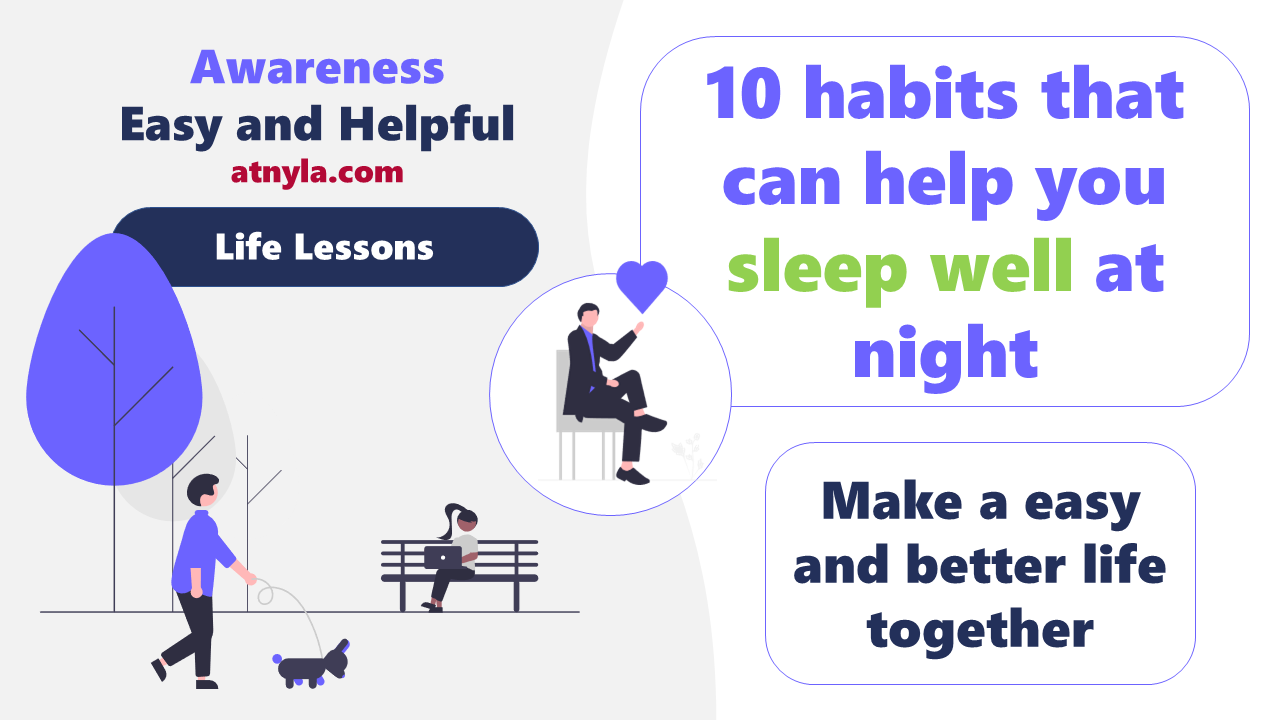What is the best way to handle anger?

What is anger?
Anger is a natural response to perceived threats. It causes your body to release adrenaline, your muscles to tighten, and your heart rate and blood pressure to increase. Your senses might feel more acute and your face and hands flushed.However, anger becomes a problem only when you don't manage it in a healthy way.
A 2010 studyTrusted Source found that uncontrolled anger is bad for your physical and emotional health. It can also quickly escalate to verbal or physical violence, harming you and those around you.
Anger Management
Anger management is a psycho-therapeutic program for anger prevention and control.
What is anger?
Anger is a strong feeling of aggravation or irritation
towards or about something.
Causes of anger:
- Threatened or attacked. (Emotional, financial, physical)
- Frustrated or powerless
- Like we’re being treated unfairly
Symptoms of anger:
- Clenched jaw or fists
- Increase in heart rate
- Read/flushed face
- Shaking
- Feeling hot in face or neck
What causes anger issues?
Many things can trigger anger, including stress, family problems, and financial issues. For some people, anger is caused by an underlying disorder, such as alcoholism or depression. Anger itself isn’t considered a disorder, but anger is a known symptom of several mental health conditions.
The following are some of the possible causes of anger issues.
Depression
Anger can be a symptom of depression, which is characterized as ongoing feelings of sadness and loss of interest lasting at least two weeks. Anger can be suppressed or overtly expressed. The intensity of the anger and how it’s expressed varies from person to person.
If you have depression, you may experience other symptoms. These include:
- ✓irritability
- ✓ loss of energy
- ✓ feelings of hopelessness
- ✓thoughts of self-harm or suicide
Obsessive compulsive disorder
Obsessive compulsive disorder (OCD) is an anxiety disorder that’s characterized by obsessive thoughts and compulsive behavior. A person with OCD has unwanted, disturbing thoughts, urges, or images that drive them to do something repetitively.
For example, they may perform certain rituals, such as counting to a number or repeating a word or phrase, because of an irrational belief that something bad will happen if they don’t.
A 2011 studyTrusted Source found that anger is a common symptom of OCD. It affects approximately half of people with OCD. Anger may result from frustration with your inability to prevent obsessive thoughts and compulsive behaviors, or from having someone or something interfere with your ability to carry out a ritual.
Alcohol abuse
Research shows that drinking alcohol increases aggression. Anger is a contributing factor in approximately half of all violent crimes committed in the United States. Alcohol abuse, or alcoholism, refers to consuming too much alcohol at once or regularly. Alcohol impairs your ability to think clearly and make rational decisions. It affects your impulse control and can make it harder for you to control your emotions.
Attention deficit hyperactivity disorder
Attention deficit hyperactivity disorder (ADHD) is a neurodevelopmental disorder marked by symptoms such as inattention, hyperactivity, and or impulsivity. Symptoms usually start in early childhood and continue throughout a person’s life. Some people are not diagnosed until adulthood, which is sometimes referred to as adult ADHD.
Anger and short temper can also occur in people of all ages with ADHD. Other symptoms include:
- ✓restlessness
- ✓problems focusing
- ✓ poor time management or planning skills
Oppositional defiant disorder
Oppositional defiant disorder (ODD) is a behavioral disorder that affects 1 to 16 percent of school-age children. Common symptoms of ODD include:
- ✓anger
- ✓hot temper
- ✓irritability
Children with ODD are often easily annoyed by others. They may be defiant and argumentative.
Types of anger
There are three types of anger which help shape how we react in a situation that makes us angry. These are: Passive Aggression, Open Aggression, and Assertive Anger. If you are angry, the best approach is Assertive Anger. Big words, but check out what each type really means.
Passive Aggression
Many don’t like to admit that they are angry, because they don’t like confrontation – this is called passive aggression. This comes out in things like becoming silent when you are angry, sulking, procrastinating (putting stuff off you need to do), and pretending “everything is fine”. Passive aggression comes from a need to be in control. Want a hand with dealing with it? Read ahead about ‘assertive anger’.
Open Aggression
On the other hand, many people have a tendency to lash out in anger and rage, becoming physically or verbally aggressive and can often times hurt themselves or others. This is called Open Aggression. This comes out in fighting, bullying, blackmailing, accusing, shouting, bickering, sarcasm and criticism. Open aggression comes from a need to be in control. Want a hand with dealing with open aggression? Read ahead about ‘assertive anger’. Sometimes the anger can be taken out on property or even on ourselves – see the section on self-harm.
Assertive Anger
The healthy way to deal with anger is by being controlled and confident, talking and listening, and open to help in dealing with the situation. This Assertive anger can help relationships to grow. It means thinking before you speak, being confident in how you say it, yet open and flexible to the ‘other side’. It means being patient; not raising your voice; communicating how you are feeling emotionally, and really trying to understand what others are feeling. When you deal with anger assertively, you demonstrate that you are mature and care about your relationships and yourself.
Forgiveness is always important; if a person has apologized for making you angry, or if you realize that the situation “isn’t worth it”, be open to forgive. And willing to be forgiven and forgive yourself! This will help you to calm down, and will help your relationships with others to flourish.
Remember that you are important. Your life counts, and you can make a difference in this world. If you ever need to talk about this or anything else, feel free to get in touch with us. We’re here for you.
So it's not 'bad' to feel angry?
Being angry isn't always a bad thing. Being angry can help you share your concerns. It can prevent others from walking all over you. It can motivate you to do something positive. The key is managing your anger in a healthy way.

What causes people to get angry?
There are many common triggers for anger, such as losing your patience, feeling as if your opinion or efforts aren't appreciated, and injustice. Other causes of anger include memories of traumatic or enraging events and worrying about personal problems.
You also have unique anger triggers, based on what you were taught to expect from yourself, others and the world around you. Your personal history feeds your reactions to anger, too. For example, if you weren't taught how to express anger appropriately, your frustrations might simmer and make you miserable, or build up until you explode in an angry outburst. Inherited tendencies, brain chemistry or underlying medical conditions also play a role in your tendency toward angry outburst.
What's the best way to handle anger?
When you're angry, you can deal with your feelings through:
Expression. This is the act of conveying your anger. Expression ranges from a reasonable, rational discussion to a violent outburst.
Suppression. This is an attempt to hold in your anger and possibly convert it
into more constructive behavior. Suppressing anger, however, can cause you to turn your anger inward on yourself or express your anger through passive-aggressive behavior.
Calming down. This is when you control your outward behavior and your internal responses by calming yourself and letting your feelings subside.
Ideally, you'll choose constructive expression — stating your concerns and needs clearly and directly, without hurting others or trying to control them.
Controlling Anger:
- Think before you speak
- Once you’re calm, express your anger
- Get some exercise
- Don’t hold a grudge
Advance Solution and therapies
- Cognitive behavioural therapy
- Improvements in communication skills
- Focus on problem solving
- Avoidance of problematic solutions
Repercussions of anger Management:
- Hurts your physical health
- Anger destroys relationships
- Anger can make you lose your focus
- Anger destroys career
Can anger harm your health?
Some research suggests that inappropriately expressing anger — such as keeping anger pent up — can be harmful to your health. Suppressing anger appears to make chronic pain worse, while expressing anger reduces pain.
There's also evidence that anger and hostility is linked with heart disease, high blood pressure, peptic ulcers and stroke.
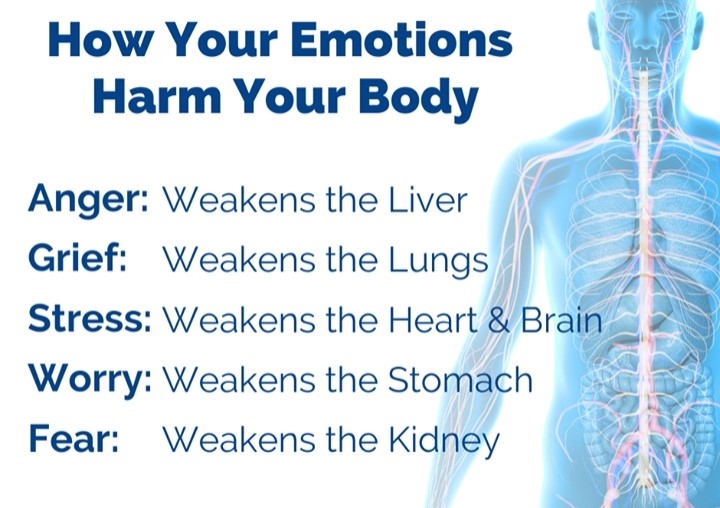
When is professional help needed?
Learning to control anger is a challenge for everyone at times. Consider seeking help for anger issues if your anger seems out of control, causes you to do things you regret, hurts those around you or is taking a toll on your personal relationships.
What is the physiology of anger?
Anger is an emotion characterized by antagonism toward someone or something you feel has deliberately done you wrong.
Anger can be a good thing. It can give you a way to express negative feelings, for example, or motivate you to find solutions to problems. But excessive anger can cause problems. Increased blood pressure and other physical changes associated with anger make it difficult to think straight and harm your physical and mental health.
Important Bible Verses About Anger
"Be not quick in your spirit to become angry, for anger lodges in the heart of fools."
"Refrain from anger, and forsake wrath! Fret not yourself; it tends only to evil."
"But you, O Lord, are a God merciful and gracious, slow to anger and abounding in steadfast love and faithfulness."
"Whoever is slow to anger has great understanding, but he who has a hasty temper exalts folly."
"A soft answer turns away wrath, but a harsh word stirs up anger."
"A hot-tempered man stirs up strife, but he who is slow to anger quiets contention."
"Make no friendship with a man given to anger, nor go with a wrathful man."
"A man of wrath stirs up strife, and one given to anger causes much transgression."
"So flee youthful passions and pursue righteousness, faith, love, and peace, along with those who call on the Lord from a pure heart."
"If the anger of the ruler rises against you, do not leave your place, for calmness will lay great offenses to rest."
"Be angry and do not sin; do not let the sun go down on your anger..."
"But now you must put them all away: anger, wrath, malice, slander, and obscene talk from your mouth."
"And let the peace of Christ rule in your hearts, to which indeed you were called in one body. And be thankful."
"I desire then that in every place the men should pray, lifting holy hands without anger or quarreling..."
"Know this, my beloved brothers: let every person be quick to hear, slow to speak, slow to anger..."
"...for the anger of man does not produce the righteousness of God."
"Turn away from evil and do good; seek peace and pursue it."

Islamic way: Dealing with a Bad Temper
Anger is one of the evil whispers of Shaytaan, which leads to so many evils and tragedies, of which only Allaah knows their full extent. For this reason Islam has a great deal to say about this bad characteristic, and the Prophet (peace and blessings of Allaah be upon him) described cures for this "disease" and ways to limit its effects, among which are the following:
(1) Seeking refuge with Allaah from the Shaytaan:
Sulayman ibn Sard said: "I was sitting with the Prophet (peace and blessings of Allaah be upon him), and two men were slandering one another. One of them was red in the face, and the veins on his neck were standing out. The Prophet (peace and blessings of Allaah be upon him) said, ‘I know a word which, if he were to say it, what he feels would go away. If he said "I seek refuge with Allaah from the Shaytaan," what he feels (i.e., his anger) would go away.’" (Reported by al-Bukhaari, al-Fath, 6/337)
The Prophet (peace and blessings of Allaah be upon him) said: "If a man gets angry and says, ‘I seek refuge with Allaah,’ his anger will go away." (Saheeh al-Jaami’ al-Sagheer, no. 695)
(2) Keeping silent:
The Messenger of Allaah (peace and blessings of Allaah be upon him) said: "If any of you becomes angry, let him keep silent." (Reported by Imaam Ahmad, al-Musnad, 1/329; see also Saheeh al-Jaami’, 693, 4027).
This is because in most cases, the angry person loses self control and could utter words of kufr/disbelief (from which we seek refuge with Allaah), or curses, or the word of divorce (talaaq) which would destroy his home, or words of slander which would bring him the enmity and hatred of others. So, in short, keeping silent is the solution which helps one to avoid all that.
(3) Not moving:
The Messenger of Allaah (peace and blessings of Allaah be upon him) said: "If any of you becomes angry and he is standing, let him sit down, so his anger will go away; if it does not go away, let him lie down."
The narrator of this hadeeth (report) is Abu Dharr (may Allaah be pleased with him), and there is a story connected to his telling of it: he was taking his camels to drink at a trough that he owned, when some other people came along and said (to one another), "Who can compete with Abu Dharr (in bringing animals to drink) and make his hair stand on end?" A man said, "I can," so he brought his animals and competed with Abu Dharr, with the result that the trough was broken. [i.e., Abu Dharr was expecting help in watering his camels, but instead the man misbehaved and caused the trough to be broken]. Abu Dharr was standing, so he sat down, then he laid down. Someone asked him, "O Abu Dharr, why did you sit down then lie down?" He said: "The Messenger of Allaah (peace and blessings of Allaah be upon him) said: . . ." and quoted the hadeeth. (The hadeeth and this story may be found in Musnad Ahmad, 5/152; see also Saheeh al-Jaami’, no. 694).
According to another report, Abu Dharr was watering his animals at the trough, when another man made him angry, so he sat down . . . (Fayd al-Qadeer, al-Manaawi, 1/408)
Among the benefits of this advice given by the Prophet (peace and blessings of Allaah be upon him) is the fact that it prevents the angry person from going out of control, because he could strike out and injure someone, or even kill - as we will find out shortly - or he could destroy possessions and so on. Sitting down makes it less likely that he will become overexcited, and lying down makes it even less likely that he will do something crazy or harmful. Al-’Allaamah al-Khattaabi, may Allaah have mercy on him, said in his commentary on Abu Dawud: "One who is standing is in a position to strike and destroy, while the one who is sitting is less likely to do that, and the one who is lying down can do neither. It is possible that the Prophet (peace and blessings of Allaah be upon him) told the angry person to sit down or lie down so that he would not do something that he would later regret. And Allaah knows best." (Sunan Abi Dawud, with Ma’aalim al-Sunan, 5/141)
(4) Following the advice of the Prophet (peace and blessings of Allaah be upon him):
Abu Hurayrah, may Allaah be pleased with him, reported that a man said to the Prophet (peace and blessings of Allaah be upon him), "Advise me." He said, "Do not become angry." The man repeated his request several times, and each time the Prophet (peace and blessings of Allaah be upon him) told him, "Do not become angry." (Reported by al-Bukhaari, Fath al-Bari, 10/456)
According to another report, the man said: "I thought about what the Prophet (peace and blessings of Allaah be upon him) said, and I realized that anger combines all kinds of evil." (Musnad Ahmad, 5/373)
(5) Do not become angry and Paradise will be yours (a saheeh (authentic) hadeeth, see Saheeh al-Jaami’, 7374. Ibn Hijr attributed it to al-Tabaraani, see al-Fath 4/465):
Remembering what Allaah has promised to the righteous (muttaqeen) who keep away from the causes of anger and struggle within themselves to control it, is one of the most effective ways of extinguishing the flames of anger. One of the ahaadeeth that describe the great reward for doing this is: "Whoever controls his anger at the time when he has the means to act upon it, Allaah will fill his heart with contentment on the Day of Resurrection." (Reported by al-Tabaraani, 12/453, see also Saheeh al-Jaami’, 6518).
Another great reward is described in the Prophet’s words: "Whoever controls his anger at the time when he has the means to act upon it, Allaah will call him before all of mankind on the Day of Resurrection, and will let him choose of the Hur al-’Iyn whoever he wants." (Reported by Abu Dawud, 4777, and others. It is classified as hasan (sound) in Saheeh al-Jaami, 6518).
(6) Knowing the high status and advantages offered to those who control themselves:
The Messenger of Allaah (peace and blessings of Allaah be upon him) said: "The strong man is not the one who can overpower others (in wrestling); rather, the strong man is the one who controls himself when he gets angry." (Reported by Ahmad, 2/236; the hadeeth is agreed upon). The greater the anger, the higher the status of the one who controls himself. The Prophet (peace and blessings of Allaah be upon him) said: "The strongest man is the one who, when he gets angry and his face reddens and his hackles rise, is able to defeat his anger." (Reported by Imaam Ahmad, 5/367, and classified as hasan in Saheeh al-Jaami’, 3859)
Anas reported that the Prophet (peace and blessings of Allaah be upon him) passed by some people who were wrestling. He asked, "What is this?" They said: "So-and-so is the strongest, he can beat anybody." The Prophet (peace and blessings of Allaah be upon him) said, "Shall I not tell you who is even stronger than him? The man who, when he is mistreated by another, controls his anger, has defeated his own shaytaan and the shaytaan of the one who made him angry." (Reported by al-Bazzaar, and Ibn Hijr said its isnaad is saheeh. Al-Fath, 10/519)
(7) Following the Prophet’s example in the case of anger:
The Prophet (peace and blessings of Allaah be upon him) is our leader and has set the highest example in this matter, as is recorded in a number of ahaadeeth. One of the most famous was reported by Anas, may Allaah be pleased with him, who said: "I was walking with the Messenger of Allaah (peace and blessings of Allaah be upon him), and he was wearing a Najraani cloak with a rough collar. A Bedouin came and seized him roughly by the edge of his cloak, and I saw the marks left on his neck by the collar. Then the Bedouin ordered him to give him some of the wealth of Allaah that he had. The Prophet (peace and blessings of Allaah be upon him) turned to him and smiled, then ordered that he should be given something." (Agreed upon. Fath al-Baari, 10/375)
Another way in which we can follow the example of the Prophet (peace and blessings of Allaah be upon him) is by making our anger for the sake of Allaah, when His rights are violated. This is the kind of anger which is praiseworthy. So the Prophet (peace and blessings of Allaah be upon him) became angry when he was told about the imaam who was putting people off the prayer by making it too long; when he saw a curtain with pictures of animate creatures in ‘Aa’ishah’s house; when Usaamah spoke to him about the Makhzoomi woman who had been convicted of theft, and he said "Do you seek to intervene concerning one of the punishments prescribed by Allaah?"; when he was asked questions that he disliked, and so on. His anger was purely for the sake of Allaah.
(8) Knowing that resisting anger is one of the signs of righteousness (taqwaa):
The righteous (al-muttaqoon) are those praised by Allaah in the Qur’aan and by His Messenger (peace and blessings of Allaah be upon him). Paradise as wide as heaven and earth has been prepared for them. One of their characteristics is that they (interpretation of the meaning) "spend (in Allaah’s Cause) in prosperity and in adversity, [they] repress anger, and [they] pardon men; verily, Allaah loves al-muhsinoon (the good-doers)." [Aal ‘Imraan 3:134]
These are the ones whose good character and beautiful attributes and deeds Allaah has mentioned, and whom people admire and want to emulate. One of their characteristics is that (interpretation of the meaning) ". . . when they are angry, they forgive." [al-Shooraa 42:37]
(9) Listening to reminders:
Anger is a part of human nature, and people vary in their anger. It may be difficult for a man not to get angry, but sincere people will remember Allaah when they are reminded, and they will not overstep the mark. Some examples follow:
Ibn ‘Abbaas (may Allaah be pleased with him) reported that a man sought permission to speak to ‘Umar ibn al-Khattaab (may Allaah be pleased with him), then he said: "O son of al-Khattaab, you are not giving us much and you are not judging fairly between us." ‘Umar (may Allaah be pleased with him) was so angry that he was about to attack the man, but al-Hurr ibn Qays, who was one of those present, said: "O Ameer al-Mu’mineen, Allaah said to His Prophet (peace and blessings of Allaah be upon him) (interpretation of the meaning): ‘Show forgiveness, enjoin what is good, and turn away from the foolish’ [al-A’raaf 7:199]. This man is one of the foolish." By Allaah, ‘Umar could go no further after al-Hurr had recited this aayah to him, and he was a man who was careful to adhere to the Book of Allaah. (Reported by al-Bukhaari, al-Fath, 4/304).
This is how the Muslim should be. The evil munaafiq (hypocrite) was not like this when he was told the hadeeth of the Prophet (peace and blessings of Allaah be upon him) and one of the Companions said to him, "Seek refuge with Allaah from the Shaytaan." He said to the one who reminded him, "Do you think I am crazy? Go away!" (Reported by al-Bukhaari, al-Fath, 1/465). We seek refuge with Allaah from failure.
(10) Knowing the bad effects of anger:
The negative effects of anger are many; in short they cause damage to one’s own self and to others. The angry person may utter words of slander and obscenity, he may attack others (physically) in an uncontrolled manner, even to the point of killing. The following story contains a valuable lesson:
‘Ilqimah ibn Waa’il reported that his father (may Allaah be pleased with him) told him: "I was sitting with the Prophet (peace and blessings of Allaah be upon him) when a man came to him leading another man by a rope. He said, ‘O Messenger of Allaah, this man killed my brother.’ The Messenger of Allaah (peace and blessings of Allaah be upon him) asked him, ‘Did you kill him?’ He said, ‘Yes, I killed him.’ He asked, ‘How did you kill him?’ He said, ‘He and I were hitting a tree to make the leaves fall, for animal feed, and he slandered me, so I struck him on the side of the head with an axe, and killed him.’ . . ." (Reported by Muslim, 1307, edited by al-Baaqi).
Anger could lead to less than killing, such as wounding and breaking bones. If the one who caused the anger runs away, the angry person turns his anger in on himself, so he may tear his clothes, or strike his cheeks, or have a fit, or fall unconscious, or he may break dishes and plates, or break furniture.
In the worst cases, anger results in social disasters and the breaking of family ties, i.e., divorce. Ask many of those who divorced their wives, and they will tell you: it was in a moment of anger. This divorce results in misery for the children, regret and frustration, a hard and difficult life, all as a result of anger. If they had remembered Allaah, come to their senses, restrained their anger and sought refuge with Allaah, none of this would have happened. Going against the sharee’ah (Islamic law) only results in loss.
The damage to health that results from anger can only be described by doctors, such as thrombosis, high blood pressure, tachycardia (abnormally rapid heartbeat) and hyperventilation (rapid, shallow breathing), which can lead to fatal heart attacks, diabetes, etc. We ask Allaah for good health.
(11) The angry person should think about himself during moments of anger:
If the angry person could see himself in the mirror when he is angry, he would hate himself and the way he looks. If he could see the way he changes, and the way his body and limbs shake, how his eyes glare and how out of control and crazy his behaviour is, he would despise himself and be revolted by his own appearance. It is well-known that inner ugliness is even worse than outer ugliness; how happy the Shaytaan must be when a person is in this state! We seek refuge with Allaah from the Shaytaan and from failure.
(12) Du’aa’ (Supplication):
Du’aa’ is always the weapon of the believer, whereby he asks Allaah to protect him from evil, trouble and bad behaviour and seeks refuge with Him from falling into the pit of kufr (disbelief) or wrongdoing because of anger. One of the three things that can help save him is: being fair at times of contentment and of anger (Saheeh al-Jaami’, 3039). One of the du’aa’s of the Prophet (peace and blessings of Allaah be upon him) was:
"O Allaah, by Your knowledge of the Unseen and Your power over Your creation, keep me alive for as long as You know life is good for me, and cause me to die when You know death is good for me. O Allaah, I ask You to make me fear You in secret and in public, and I ask You to make me speak the truth in times of contentment and of anger. I ask You not to let me be extravagant in poverty or in prosperity. I ask You for continuous blessings, and for contentment that does not end. I ask You to let me accept Your decree, and for a good life after death. I ask You for the joy of seeing Your face and for the longing to meet You, without going through diseases and misguiding fitnah (trials). O Allaah, adorn us with the adornment of faith and make us among those who are guided. Praise be to Allaah, the Lord of the Worlds."





